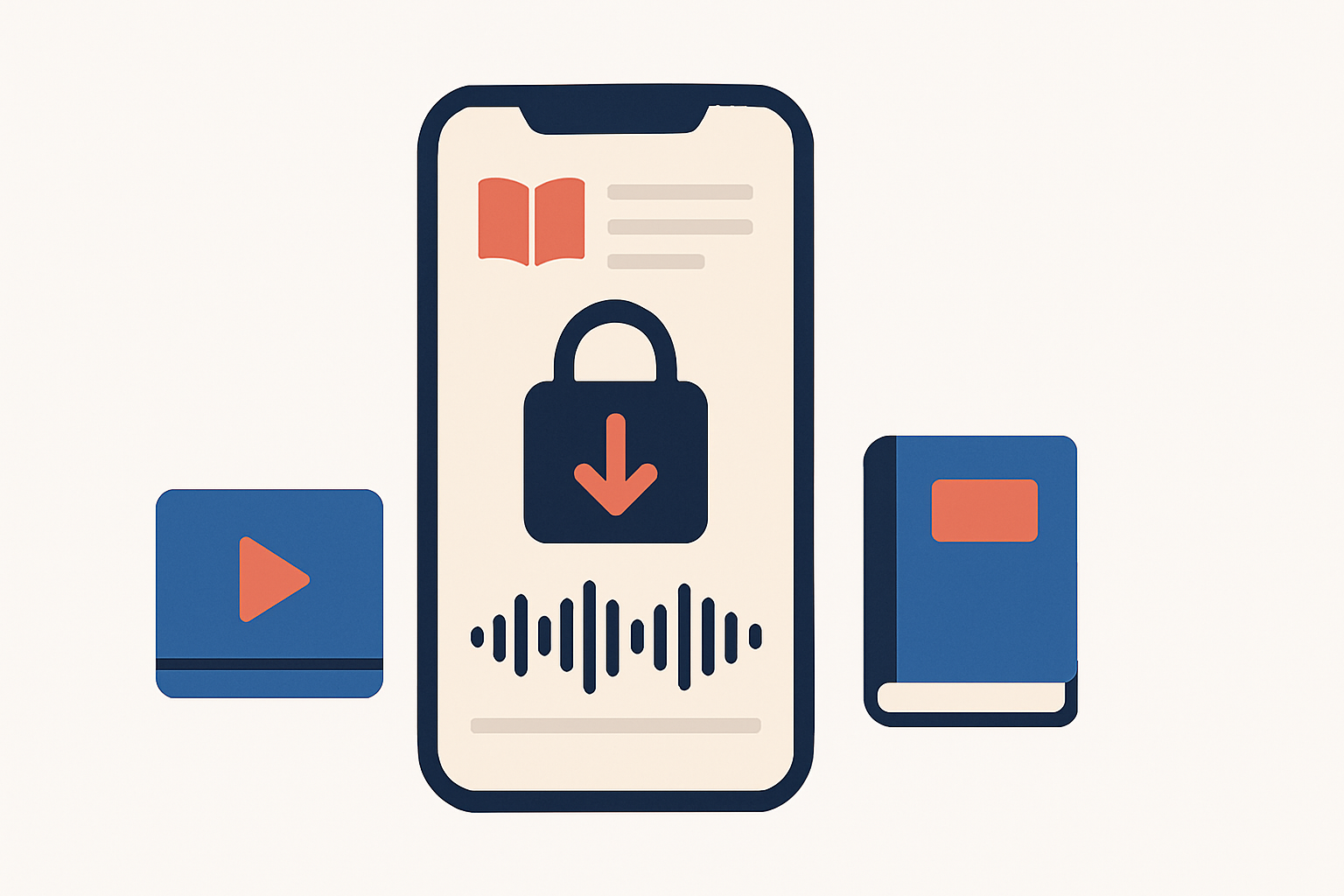Why Offline Access is Vital for Mobile Learning Apps

Many students and educators face a common challenge: unstable or limited internet access. This creates significant barriers to mobile learning, where uninterrupted study time is crucial. In today’s education landscape, offline access in learning apps is no longer just convenient—it’s essential for making education inclusive and reliable. Platforms like Audiorista now provide seamless offline capabilities, ensuring that educators can deliver content without disruption and learners can continue their studies anytime, anywhere. This article explores the benefits of offline access, current industry trends, and the practical impact for both students and educators.
Rising need for offline learning
Globally, reliable internet connectivity isn’t guaranteed. For many learners, especially in areas with low bandwidth or limited coverage, this creates obstacles to digital education. Offline learning features remove these barriers by allowing students to download and access materials—even if their connection is weak or temporarily unavailable. This empowers them to keep progressing without interruption. Beyond traditional classrooms, demand is also growing in lifelong learning apps, where flexibility and access at any time are critical. Offline access ensures that both formal education and self-directed learning can thrive, regardless of connectivity challenges.
Why offline access matters in education technology
The importance of offline access in learning lies in its ability to make education more accessible and effective. When learners can continue studying without internet interruptions, they experience more consistent engagement and improved knowledge retention. This reliability also reduces frustration and drop-off, creating a smoother educational journey. By supporting learning in all environments, offline access levels the playing field for students who don’t have the luxury of always-on connectivity. For EdTech platforms, it’s not simply an added feature—it’s a critical requirement for inclusivity and scalability in mobile learning solutions.
Essential features and educator benefits
Modern learning apps must meet a rising set of expectations. Students not only want digital content on demand, but also features designed for offline-first learning. Core capabilities include downloadable materials, offline quizzes, and synchronized notes that automatically update when connectivity resumes. These features make it possible to study and engage with content whenever needed, ensuring productivity isn’t tied to internet availability. This is where Audiorista stands out. With offline-first solutions built into the platform, learners always have reliable access. You can see all the tools available with Audiorista’s features, designed to give both publishers and educators complete control over their content while ensuring maximum accessibility.
Offline access isn’t only about student convenience—it’s also a powerful tool for educators. By offering offline content, instructors can extend their reach to broader audiences, including those in regions with inconsistent connectivity. This directly reduces dropout risks, as students are less likely to abandon a course due to technical frustrations. It also improves engagement by keeping learners connected to course material under any circumstance. For instructors who need scalable delivery tools, Audiorista provides practical support. Discover how Audiorista helps educators make content more accessible, ensuring every course, lecture, or learning series is available online and offline, without compromise.
Future of offline learning in edtech
The EdTech industry continues to evolve rapidly, and offline access has emerged as one of the core components shaping its future. Across education and training, hybrid-first learning models are becoming the norm, blending digital and in-person experiences. At the same time, accessibility has become a non-negotiable goal for institutions and app developers, driven by the need to ensure equity across diverse student populations. Innovations in mobile-first education are also setting higher standards for user experience and performance. In the future, offline access will remain a pillar of education equity, ensuring that everyone can participate in digital learning regardless of connectivity.
Offline access transforms mobile learning, offering students uninterrupted study time and giving educators the ability to reach learners everywhere. With platforms like Audiorista, delivering inclusive and reliable mobile education has never been easier.
Start making your learning content available offline today with Audiorista and ensure every student has access, no matter where they are.


